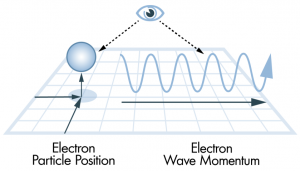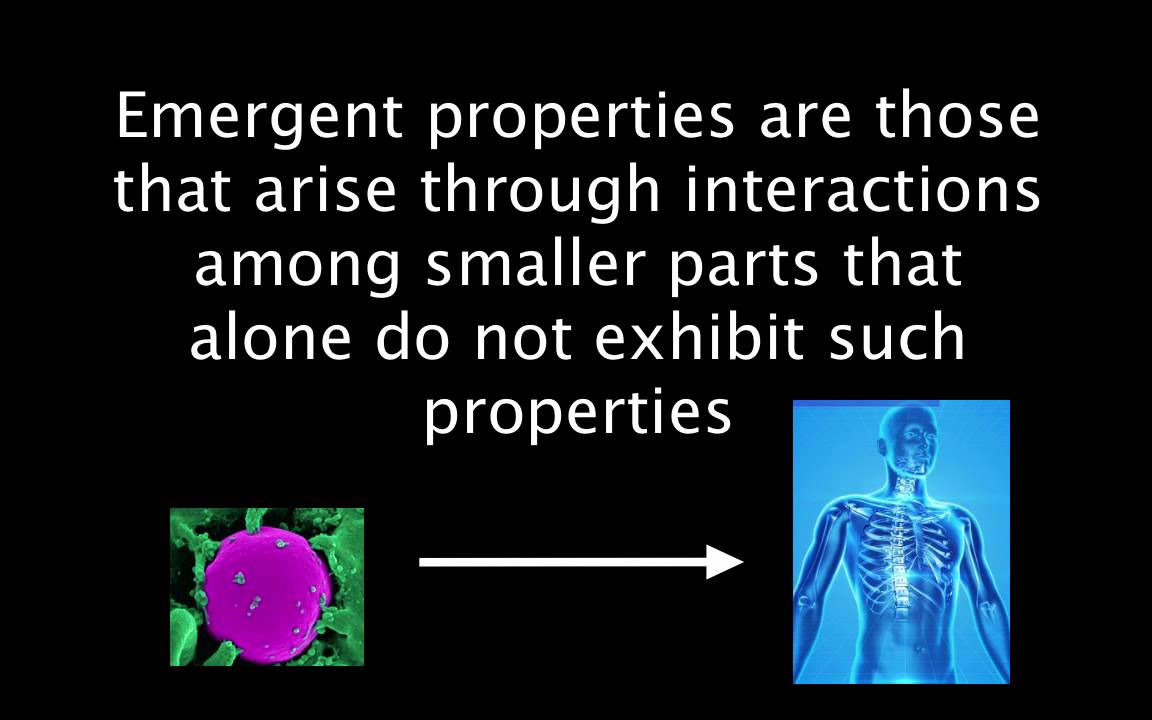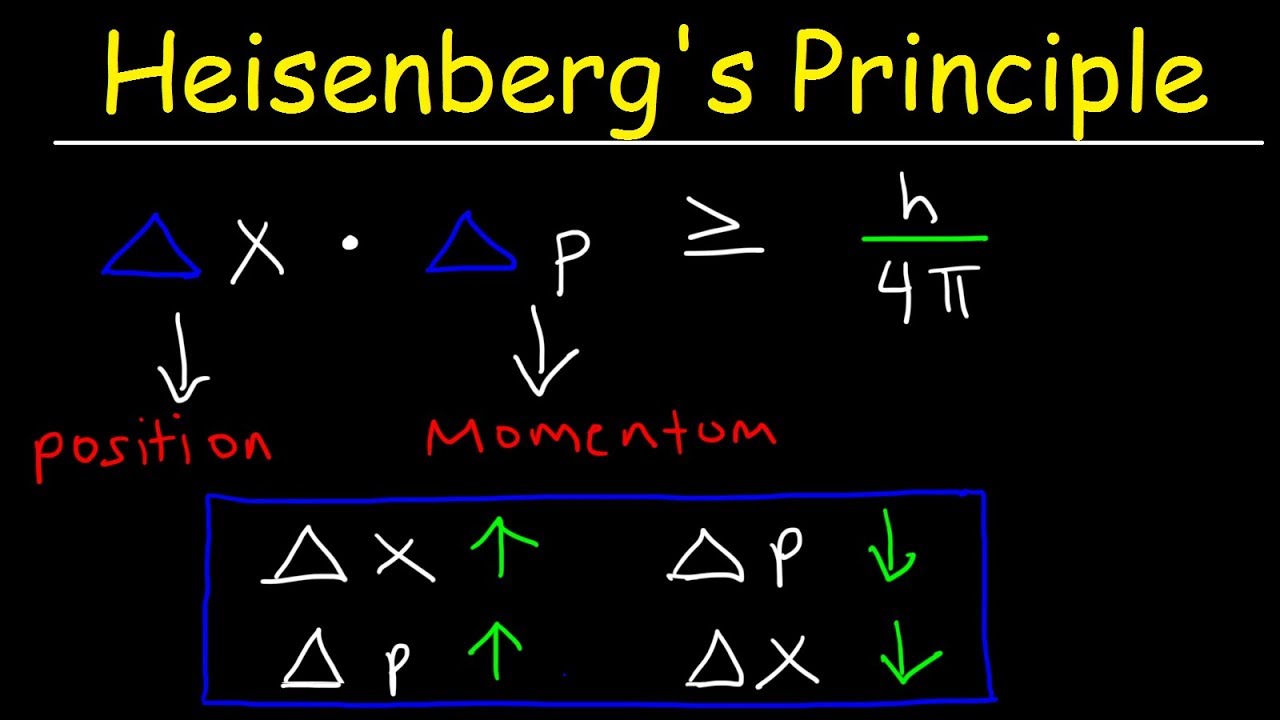If everything is the interplay of cause and effect, is there any scope of determinism?
The concept of free will is a topic of much debate in philosophy, with some arguing that previous causes determine all actions and there is no room for true freedom of choice. In contrast, others argue that there is some form of indeterminacy that allows for the possibility of free will. However, it’s worth noting that even if all actions are ultimately determined by previous causes, it is still possible to have the experience of making choices and experiencing the consequences of those choices. Additionally, some philosophers have argued that free will is not necessary for moral responsibility, which is often considered one of the main reasons for positing the existence of a free will

Genome, the instructional Manuel, and acquired knowledge dictate who we are and how we will live our lives; that is not the whole story; chances play a significant role in tailoring our fate. Yes, genetics, instruction, and experience all play a role in shaping who we are and how we live our lives, but chance and random events also have a significant impact. For example, our environment, the people we meet, and the opportunities that present themselves can all shape our fate in unpredictable ways. Individual choice and free will also play a role in determining our path in life.
Determinism and free will argument
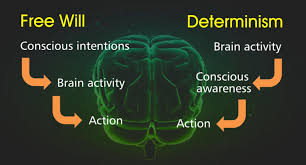
The debate between determinism and free will is a longstanding one in philosophy. Determinism is the belief that all events, including human actions, are ultimately determined by previous causes and cannot be changed. This would mean that our choices and actions are not truly free but predetermined by genetics, environment, and past experiences. Free will, on the other hand, is the belief that individuals have the ability to make their own choices and that those choices are not predetermined by any external factors.
The debate between determinism and free will is complex and there is no one answer that satisfies everyone. Some argue that determinism and free will are not mutually exclusive, and that it is possible for both to coexist. Others argue that determinism and free will cannot coexist and that one must reject the other. The truth is that it is difficult to prove whether determinism or free will is correct, and ultimately, the truth may lie somewhere in between.

There is no free will. Our subconscious makes decisions, and when it pops up in our conscious, our storyteller consciousness creates a story to justify our actions, and we think that our free will backs our behavior.
The idea that our subconscious influences our behavior and that our conscious mind creates stories to justify our actions is a perspective known as “compatibilism” which holds that determinism and free will can coexist. Some scientists and philosophers have argued that our subconscious processes, such as emotions and instincts, can influence our decisions, and that our conscious mind then creates a narrative to make sense of those decisions. In this view, our sense of free will is an illusion, but one that is still compatible with the idea that our actions are ultimately determined by underlying causes. It’s important to note that this perspective is still a matter of debate and there are other theories that suggest that free will might be real.
Save & SubmitCancel In the debate between determinism and free will, there are several philosophers and scientists who can be considered as “protagonists” or “antagonists” depending on their views.
Some of the key protagonists of determinism include:
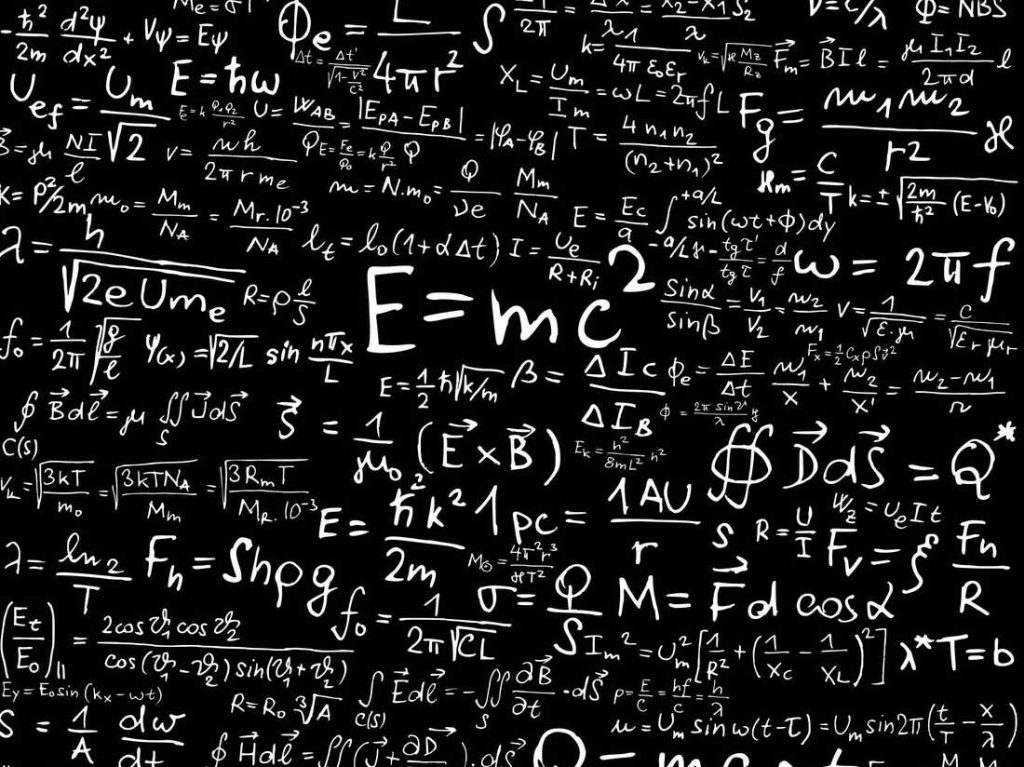
- Baruch Spinoza, a 17th-century philosopher who argued that everything that happens is part of the natural order and is determined by God.
- Pierre-Simon Laplace, a 19th-century mathematician and scientist who proposed the “Laplace’s demon” thought experiment, which illustrates the idea that if an omniscient being knew the position and momentum of every particle in the universe, it could predict the future with complete accuracy.
- B.F. Skinner, a 20th-century psychologist who argued that behavior is determined by the consequences of past actions and that free will is an illusion.
Some of the key antagonists of determinism include: - René Descartes, a 17th-century philosopher who argued that the mind and the body are separate entities and that the mind is capable of making free choices.
- Immanuel Kant, a 18th-century philosopher who argued that humans have a “transcendental freedom” which allows them to transcend the natural order and make choices that are not predetermined.
- Daniel Dennett, a contemporary philosopher who argues that free will is a real and that it emerges from the complex interactions between the brain and the environment.
It’s worth mentioning that some philosophers and scientists hold more nuanced views that can be difficult to classify as completely pro-determinism or anti-determinism.
Neuroscience is on the side of no free free will- Some neuroscientists and researchers in related fields argue that their findings support the idea that free will is an illusion, and that our actions are ultimately determined by underlying neural processes. There is a growing body of evidence from fields such as cognitive neuroscience, neuroimaging, and neuropsychology, that suggests that our brains make decisions before we are consciously aware of them, and that our sense of “free will” is a post hoc justification for these decisions. This is known as the “Libet experiment” and similar studies, which have shown that certain brain activity can be observed before a person reports making a conscious decision, This has led some scientists to argue that our conscious experience of making a decision is an illusion, and that our decisions are ultimately determined by our underlying neural processes. However, it’s important to note that this perspective is still the subject of ongoing debate and research, and there are other scientists and philosophers who argue that these findings are compatible with the existence of free will.
So, while it’s true that some neuroscientists argue that their findings support the idea that free will is an illusion, there are also many other scientists and philosophers who argue that these findings are compatible with the existence of free will.
Point out the prominent neuroscientists who are in favor of no free will There are several neuroscientists who have argued that their findings support the idea that free will is an illusion and that our actions are ultimately determined by underlying neural processes. Some of the most prominent neuroscientists who have made this argument include:- Benjamin Libet, who conducted the famous “Libet experiment” in the 1980s, which suggested that certain brain activity can be observed before a person reports making a conscious decision, leading him to argue that our conscious experience of making a decision is an illusion.
- Sam Harris, a neuroscientist and philosopher, who has argued that our sense of free will is an illusion and that our actions are ultimately determined by underlying neural processes.
- Daniel Wegner, a psychologist and neuroscientist, who has argued that our sense of free will is an illusion created by our brain’s ability to attribute cause and effect to our actions.
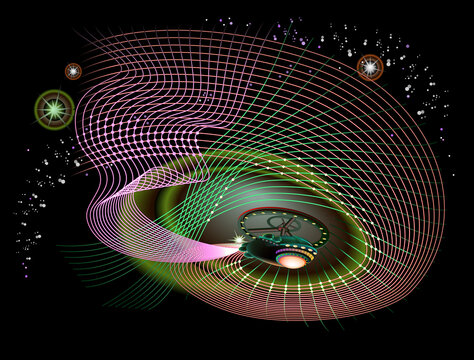
- David Eagleman, a neuroscientist, who has argued that our sense of free will is an illusion created by the way our brain processes information and that our decisions are ultimately determined by underlying neural processes. It’s important to note that these neuroscientists are not in full agreement on the details of how free will might be an illusion, but rather the conclusion that our sense of free will is an illusion. Additionally, it’s important to note that this perspective, while gaining popularity and attention, is still the subject of ongoing debate and research, and there are other scientists and philosophers who argue that these findings are compatible with the existence of free will.
What about Daniel Datt Daniel Dennett is a philosopher and cognitive scientist who has written extensively on the topic of free will.- He argues that free will is a real and that it emerges from the complex interactions between the brain and the environment. He posits that the illusion of free will is created by the way our brain processes information, but that doesn’t imply that free will is an illusion. He suggests that a brain is a machine that can be understood in terms of its physical and computational properties and that the concept of free will is a useful fiction that emerges from the operation of this machine without being illusory. He emphasizes that the brain’s ability to reflect on its own processes, to create narratives and make decisions, is what gives us the experience of free will, and that this experience is not illusory but rather a real emergent property of the brain. In summary, Dennett’s perspective is that free will is a real and not an illusion, and it emerges from the complex interactions between the brain and the environment.
Deterministic viewpoints and free will beliefs have implications and consequences in morality and ethics and will change the law and justice Yes, the belief in determinism or the lack of free will can have significant implications for morality and ethics. If one believes that all actions are predetermined, it could be argued that individuals are not responsible for their actions and therefore cannot be held morally or legally accountable for them. This could have implications for criminal justice, as it would call into question the notion of punishment for criminal behavior. Similarly, it could also affect personal responsibility and accountability in other areas such as contract law, tort law and so on.
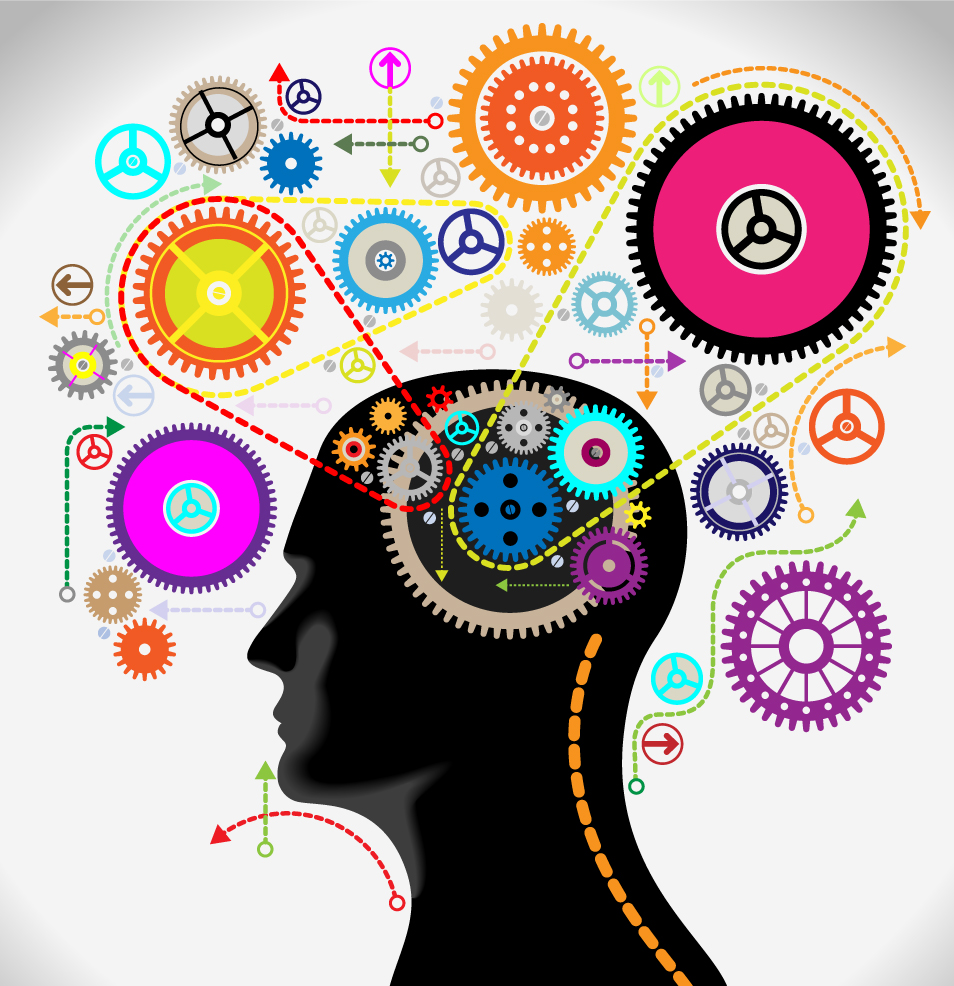
On the other hand, if one believes in the existence of free will, it would suggest that individuals are responsible for their actions and can be held accountable for them. This would support the traditional legal and moral systems in which individuals are held responsible for their actions and can be punished accordingly.
It’s worth noting that different societies and cultures have different views on free will and determinism, and this can influence the laws and justice systems in place. Additionally, debates about free will also have implications for fields such as psychology, neuroscience, and artificial intelligence
Why, the big question, free will verses determinism is important and should be debated or make an arguments
The debate between free will and determinism is important because it has implications for how we view human agency and morality. If determinism is true, it suggests that all human actions are predetermined and not subject to our own free choices, which could call into question the concept of moral responsibility. On the other hand, if free will is true, it implies that we have control over our own actions and can be held accountable for them. Additionally, this debate intersects with various fields such as philosophy, psychology, and neuroscience, and contributes to our understanding of the nature of reality. Ultimately, the debate between free will and determinism is important because it helps us clarify our beliefs and assumptions about the world, and has practical implications for how we live our lives and interact with others.
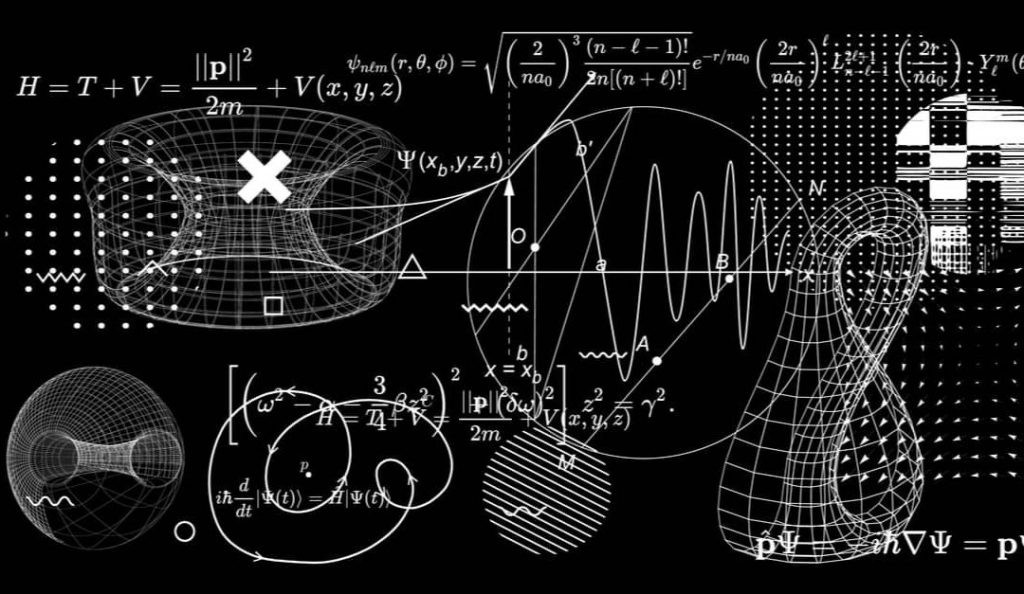

So, what is the case?
The truth of the matter is that there is still ongoing debate and discussion among scholars and experts regarding the nature of free will and determinism, and no consensus has been reached. Some argue in favor of determinism, pointing to evidence from physics and biology that suggests that all events are determined by prior causes and conditions, while others support the concept of free will, pointing to the subjective experience of making choices and exerting control over one’s actions. There is also a third perspective, known as compatibilism, which argues that free will and determinism are not mutually exclusive and that both can coexist. Ultimately, the question of free will versus determinism is a complex and multifaceted issue that requires careful examination of both scientific and philosophical arguments.


When some employer tell the employee to do some thing, his free will vanished, that command or order can be internal and that internal order of the subconscious to conscious is not a free will
2 / 2
The idea that an external command or an internal order from the subconscious can diminish an individual’s free will is a commonly held belief, but it is not universally accepted. Some argue that even in the presence of external constraints or internal biases, individuals still have the ability to make choices and exercise control over their actions. In this view, free will is not necessarily compromised by external factors, but rather is shaped and influenced by them. Others argue that determinism is incompatible with free will and that an external command or internal order that limits an individual’s options effectively eliminates the possibility of genuine free choice. This is a complex issue that continues to be debated among philosophers, psychologists, and neuroscientists, and there is still no clear consensus on the nature of free will and its relationship to external and internal factors.
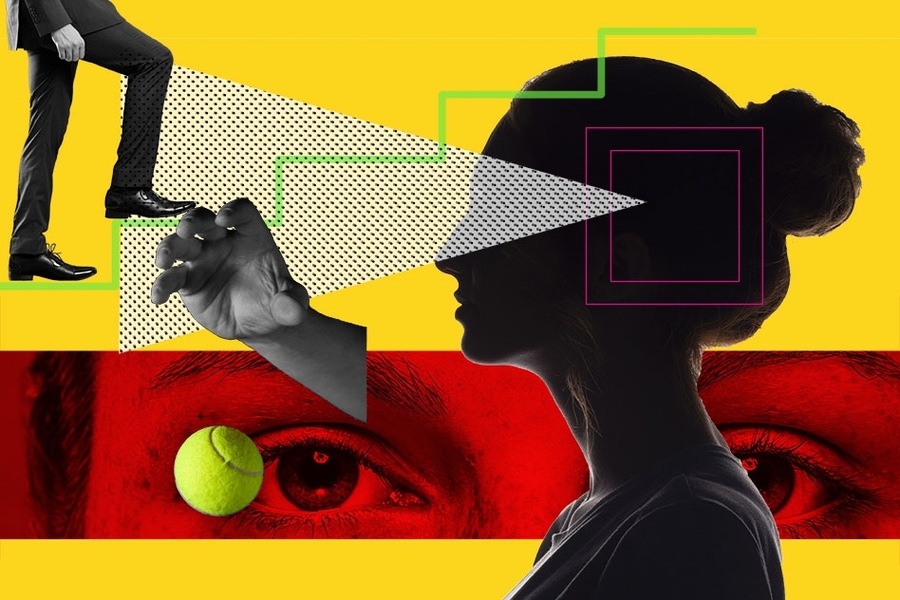

When you have choices, then your social and cultural biases, prejudices and heuristics have important role to make a choice
Yes, social and cultural biases, prejudices, and heuristics can indeed play a significant role in shaping our choices and decisions. These factors can impact our perception of reality, influence our beliefs and attitudes, and impact the way we process information. As a result, they can impact our ability to make choices that are in line with our own values and desires. However, some argue that while these factors can influence our choices, they do not completely determine them, and that individuals still have the capacity for free will. Others argue that free will is an illusion, and that all choices are ultimately determined by a combination of biological, social, and cultural factors. The relationship between free will and the influence of social and cultural factors is a complex and ongoing area of inquiry, and there is no clear consensus on the issue.

